The global agrifood sector is full of examples of underutilized resources. Food grown and wasted. Lost value from “waste products.” Undiscovered foods growing right in front of us.
A new cohort of women entrepreneurs in Africa are identifying untapped foods and resources as a way to boost farmer incomes, nourish the continent, and cultivate healthy livelihoods. They’re also helping women, long the predominant labor force in Africa’s agriculture sector, stake a claim over the future of the continent’s biggest economic resource.
Nyaradzo Dhliwayo from Zimbabwe noticed the paradox between the country’s agricultural richness and widespread food insecurity. The imbalance was prevalent even in middle-income communities, where healthy and tasty foods were often unaffordable – or hiding in plain sight.
“Most people do not realize healthy food is available around them all the time. It’s usually not packaged well, so they often ignore it,” Dhliwayo tells AFN.
She founded Yanaya, a ‘health cafe’ in Harare that has since expanded into packaged foods made from locally-available ingredients, which are available in retail markets.
“Prior to Yanaya’s arrival, the Zimbabwean restaurant industry was primarily divided into two categories, fine dining and fast food. Between the two there was no deliberate effort to serve lifestyle eaters, health enthusiasts, and vegetarians exclusively,” she explains. “We came in and tailored our restaurant business to cater for this neglected demographic.”
The cafe has been making waves as one of Zimbabwe’s only health food bars. Yanaya prepares breakfast bowls, sandwiches, and fresh juices for dine-in and delivery, made from products sourced from a network of local smallholder farmers. It also produces its own retail line of cashew and almond yogurts.
Dhliwayo explains that Yanaya’s goal is to capture the essence of Zimbabwe by harnessing ingredients that are locally available. “By finding new uses for these often-neglected ingredients, we are not only giving people a taste they have always known,” she says, “but we are also empowering communities and telling the world that Zimbabweans are innovating every day.”
Locally-sourced
Africa has an abundance of natural resources, particularly native, edible plant species, that the continent’s new agrifood entrepreneurs say have been overlooked or ignored, to the detriment of local economies and food security.
Talmond in Ghana, for example, is introducing a new line of almond milk made of tropical almonds that are found widely in West Africa’s coastal regions. Co-founder Ashiaki Tei says she remembers tropical almond trees from her youth; as an entrepreneur, she is discovering the plant’s advantages as a local food source.
“The tropical almond does not require any artificial irrigation to grow. You don’t need to give it any extra care. It grows with the natural rainfall pattern that Ghana has,” she says. “This is different from places like California, where it is causing drought because farmers are pulling of all their water resources just to grow one [variety of] nut.”
Tei and business partner Elie Fink founded Talmond in response to a growing local demand for healthy food options that is largely unmet by international and local food brands.
“Ghanaians are becoming more conscious about what they put in their bodies,” says Tei.
The founders were also motivated to come up with an alternative to traditional dairy products — which are mostly imported in Ghana — owing to their negative environmental and economic impacts.
Responding to climate change
Indeed, sustainability is a key theme for many of Africa’s women-led agrifoodtech startups, owing to climate change.
“Climate change is already here [in Africa], affecting people in negative ways, such as hunger caused by drought and floods,” said Joyce Kamande, co-founder of Safi Organics, on an episode of the Innovate podcast featuring social entrepreneurs. “Without embracing sustainable technology, we cannot combat the climate change issues that are overwhelming us.”
Kamande founded Kenya-based Safi with business partner Samuel Rigu out of increasing concern about declining annual harvests in the semi-arid regions where they grew up. The pair were worried about the economic impacts of climate change on Kenya’s agriculture sector, on which 70% of the rural population depends to earn a living.
Safi’s solution: converting farm waste into natural organic fertilizers. The company uses technology co-designed with US university MIT to turn waste products from rice farms into biochar, which it says can help farmers increase crop yields by more than 30% while restoring soil health over time.
What’s more, Safi’s technology helps decentralize biochar production, “making it feasible to be implemented in local villages,” Kamande says. Such technological advancements empower smallholder farmers by helping them “turn their waste into a gold mine,” she adds.
Safi offers agronomical services alongside its technology to help farmers maximize the benefits.
The capital gap
Though Yanaya, Talmond, and Safi Organics’ products are novel in the markets they serve, their intended buyers and users are catching on. Investors have been slower to recognize the opportunity, however.
Talmond has successfully raised early investment capital from Well-Fed World and Sustainable Food Ventures. Safi has secured grant-based funding from MassChallenge and the UN-supported SEED Award program, but Kamande says the company has had difficulty finding investment partners because of its impact mission. Dhliwayo started Yanaya with her own capital and has since taken small loans to support its growth.
Tei says bias against female entrepreneurs is one inhibiting factor to raising startup capital. “As a female founder, you have to work twice as hard and be aware of these biases.”
All three founders have nevertheless succeeded in building companies that can fuel growth through revenues. “We have a repeatable, profitable and now scalable business model that’s been well received by customers,” Dhliwayo says.

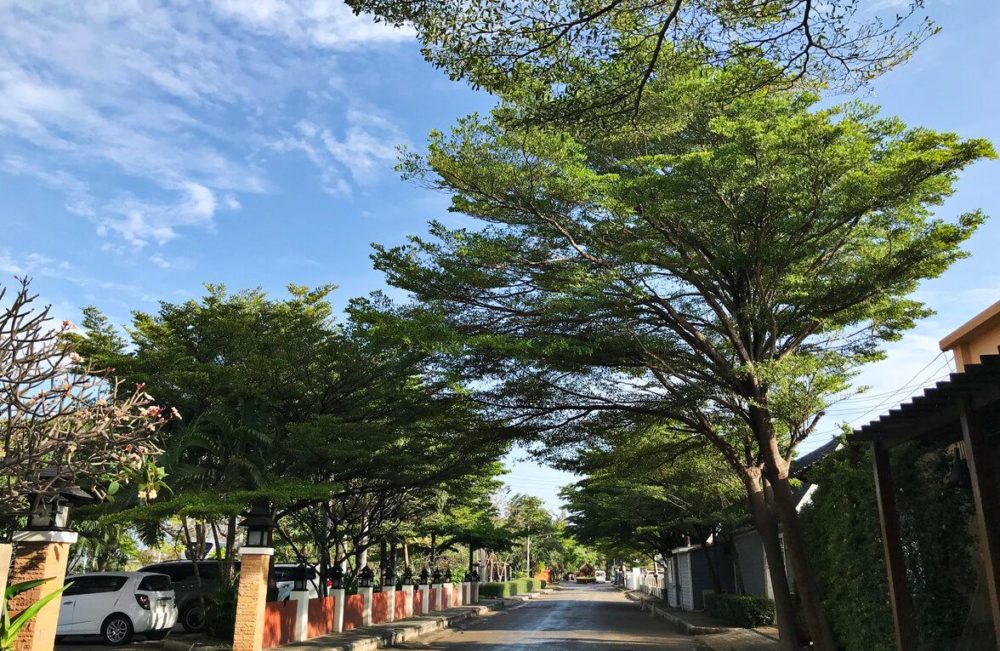
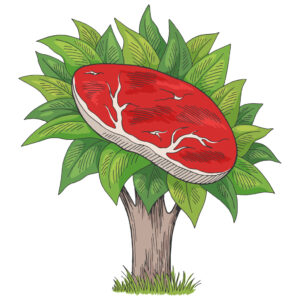
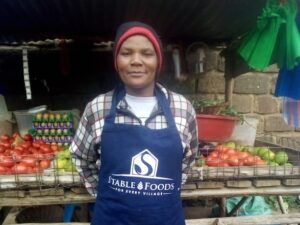

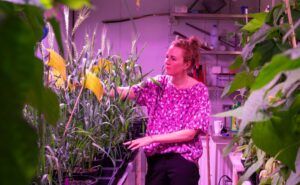

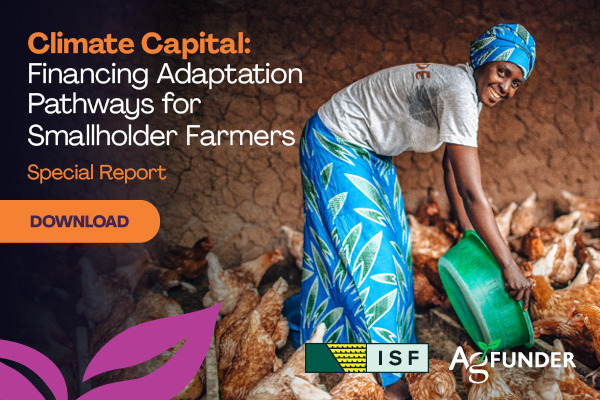
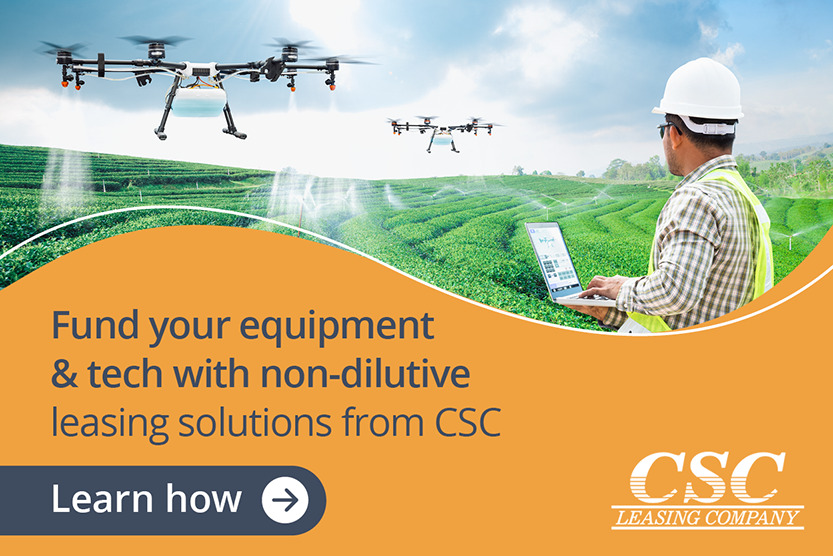


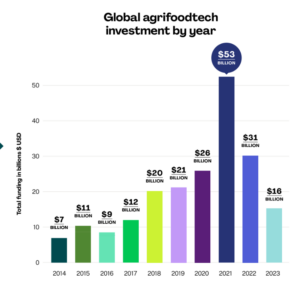
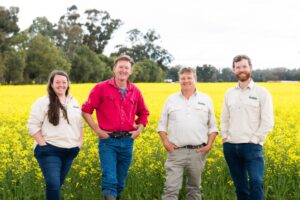


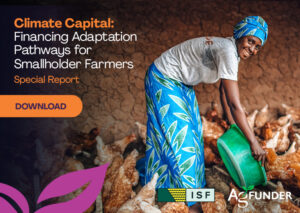

Sponsored
International Fresh Produce Association launches year 3 of its produce accelerator